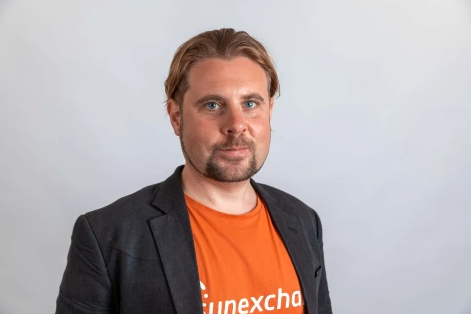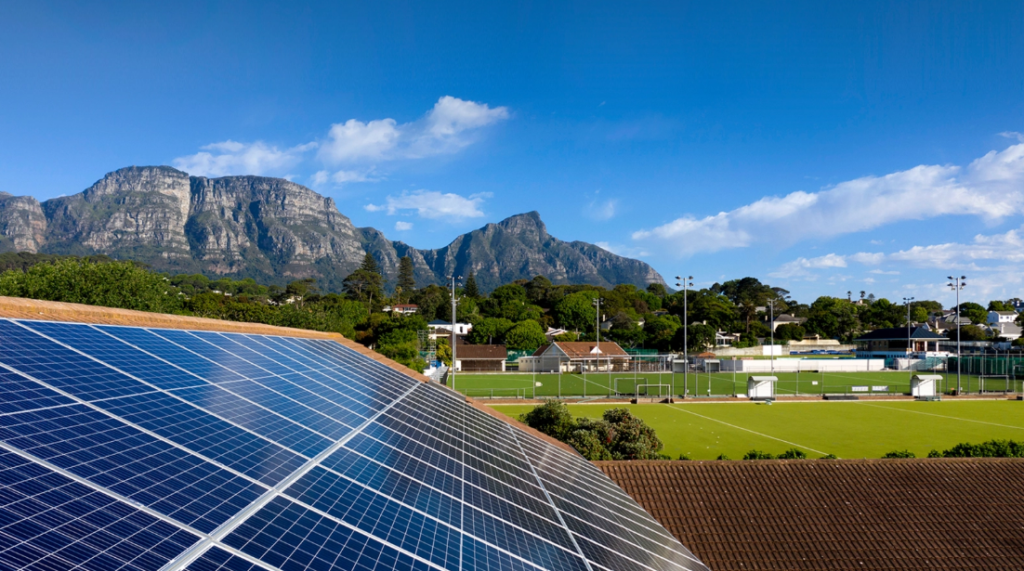We are still far from that dream. Due to load shedding, the country is losing between R1.5 billion and R6 billion per day. The national government's crisis plan is expected to take 10 years to be fully implemented, making short-term solutions from the public sector virtually impossible. At the local government level, nimble municipalities like the City of Cape Town predict it will take four years to bring renewable energy from independent power producers to market.
The private sector is the only actor with the capital, agility and speed to respond quickly to this emergency. This recognition is evidenced by the recent decision to eliminate the 100-megawatt licensing standard for large-scale energy consumers and the President's Energy Policy, which relies heavily on the private sector to promote, finance, and support large-scale, utility-scale renewable energy. reflected in the crisis plan. In July, Eskom met with the heads of 70 companies to discuss private sector-led solutions to the energy crisis.
These measures focus on the most powerful private sector players, but more needs to be done.It's time for all Business leaders, from small businesses to the largest multinational corporations, are responsible.
CEOs and their executives are the most important drivers of sustainable business and ESG (environmental, social, and governance) decisions. In business, sustainability depends on leaders' values, their acumen to translate those values into action, and their ability to convince shareholders that sustainability is good business. Leaders also create and influence the business culture essential to implementing sustainability plans. They decide how capital is used.
It's sobering to realize how much of an impact business leaders can have.
If the executives of South Africa's 10 largest companies invested just 1% of their profits into providing battery-backed solar power for schools, they could install solar power in every school in the country by 2025. It will protect you from load shedding.
If these companies continued to invest in solar power in hospitals and nursing homes through 2030, they would reduce the load on the national grid by 2 gigawatts, equivalent to two levels of load reduction, and approximately 400,000 tons per year. Carbon emissions will be avoided. Added energy storage has the potential to end disruption to education associated with load shedding, improve healthcare for vulnerable populations and save lives in the process, setting a powerful example for future leaders. It will happen. This does not mean transferring capital, but rather using capital, such as funds allocated for ESG, to invest in measures and initiatives that will bring profits, while proactively addressing the energy crisis.
Smaller businesses may have smaller budgets, but they can often act quickly and collectively make a bigger impact. Leading automotive platform Cars.co.za recently partnered with Sun Exchange on an off-grid solar power and battery storage project leased to Karoo Fresh, a commercial farm in the Karoo region of South Africa. Cars.co.za uses its balance sheet to support sustainable energy development by purchasing over 16,000 solar cells to power farms and supply battery storage using the Sun Exchange platform. We are promoting it.
Through the Sun Exchange platform, Karoo Fresh will pay for the energy Cars.co.za consumes, creating an alternative revenue stream for Cars.co.za over the 20-year life of the solar project. The project will replace an estimated 90,000 liters of diesel per year and avoid around 240 tonnes of carbon dioxide emissions, the equivalent of an average car driving around 960,000 kilometers.
Another company used the Sun Exchange platform to purchase solar cells to power Pioneer School in the Western Cape. The school serves visually impaired learners, many of whom come from low-income families. The solar project is expected to save the school an average of more than R8,000 in energy costs each month and avoid around 3,200 tonnes of carbon emissions over its 20-year lifespan. Additionally, the company has chosen to donate proceeds from its solar assets to Pioneer Schools, further deepening its economic benefit to the schools.
Several other companies are working with Sun Exchange to invest in solar power projects that power schools, nursing homes, and other organizations, reaping economic benefits while creating an overall positive impact. It's affecting me.
There is strong evidence around the world that companies like Cars.co.za that prioritize sustainability perform better. These attract more customers and better talent, reduce costs, optimize return on investment, improve stakeholder relationships and staff retention, and deliver long-term environmental impact. Avoid investments. Data shows that sustainability can impact operating profits by up to 60%.
As business leaders, if we recognize these benefits and take our responsibility to seriously address the energy crisis, we need to ask ourselves what we can do to make an impact. Have we really considered all avenues for action? Installing solar power and ensuring your organization's own energy efficiency is a start, but there's more we can do.
The range of action is wide and limited only by our ingenuity and willpower. In just one meeting with Eskom and 70 business leaders, participants learned a lot from self-generation and purchasing electricity from IPPs, to wheeling tariff contracts, energy efficiency, protecting energy infrastructure and contributing to policy development. private sector actions.
There are opportunities to do more. Solving the crisis requires money, and organizations with the ability to innovate, create funding mechanisms, and fund solutions need to act. Cars.co.za is a forward-thinking company that does just that. They are demonstrating strong sustainability leadership and proving that acting for the greater good is good for business.
If all South African business leaders take similar action, collectively we can be agents of fundamental change. We can solve the energy crisis and propel South Africa into an era of abundant, clean, reliable and sustainable energy. We can build this beautiful legacy for our children, their children, and many more generations to come.
Email [email protected] or visit www.brighterbusiness.co.za Learn how your business can make a profit while making a positive impact. DM
by Abraham Cambridge, Founder of Sun Exchange

![]()

